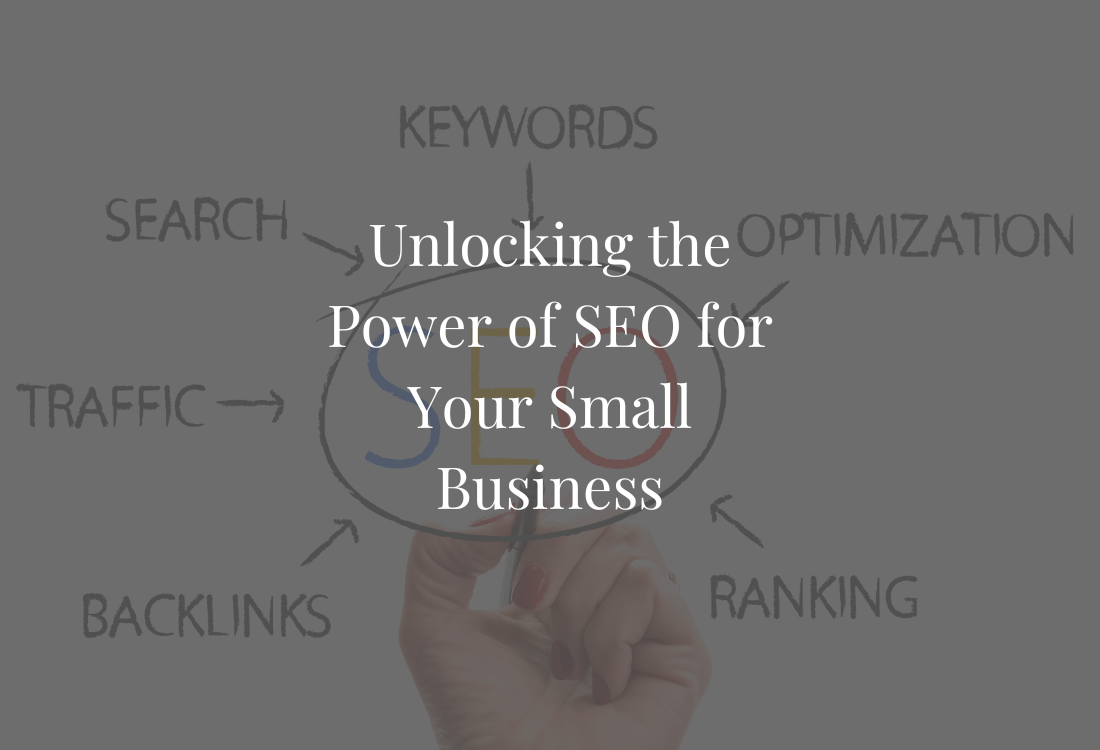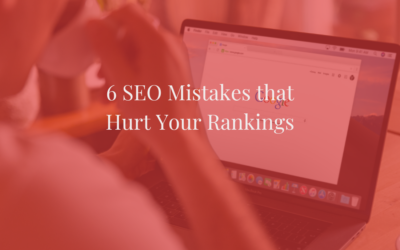In today’s digital age, having a strong online presence is crucial for any business. This is where search engine optimization (SEO) comes into play. But what exactly is SEO, and why does it matter for your small business? Let’s dive in and uncover the benefits and importance of SEO for small businesses.
What is Search Engine Optimization (SEO)?
Search Engine Optimization, or SEO, is the process of improving your website’s visibility on search engines like Google, Bing, and Yahoo. When people search for products or services related to your business, you want your website to appear as high up on the search results as possible. Higher visibility means more traffic to your website, which can lead to more customers and sales.
SEO involves various strategies and techniques to make your website more attractive to search engines. These include using relevant keywords, creating high-quality content, optimizing your website’s design and structure, and building backlinks from other reputable websites. In essence, SEO is about making your website better for both users and search engines.
Why SEO for Small Business is Important
You might wonder if SEO is worth the effort for a small business. The answer is a resounding yes. Here’s why:
1. Increased Online Visibility
When potential customers search for products or services you offer, you want them to find you easily. SEO helps improve your website’s ranking in search engine results, making it more likely that people will visit your site. For small businesses, increased visibility can lead to greater brand awareness and more opportunities to convert visitors into customers.
2. Cost-Effective Marketing
SEO is one of the most cost-effective marketing strategies. Unlike paid advertising, which requires ongoing investment, SEO can provide long-term benefits. Once your website is optimized, you can attract organic traffic without continually paying for ads. This makes SEO for small business a smart investment, especially if you have a limited marketing budget.
3. Building Credibility and Trust
Websites that rank higher in search results are often perceived as more credible and trustworthy by users. By optimizing your site and creating valuable content, you can establish your business as an authority in your industry. This trust can translate into higher customer loyalty and more repeat business.
How to Implement SEO for Small Business
Keyword Research
Keyword research is the foundation of SEO. It involves finding out what words and phrases people use when searching for products or services like yours. Use tools like Google Keyword Planner or Ubersuggest to identify relevant keywords. Focus on long-tail keywords—these are longer and more specific phrases that are less competitive and easier to rank for.
Optimize Your Website
Once you have your keywords, incorporate them into your website content, meta descriptions, titles, and URLs. Make sure your website is user-friendly and mobile-responsive. Search engines prioritize websites that provide a good user experience.
Create High-Quality Content
Have a scheduling conflict? Get in touch, and we’ll make every effort to accommodate your needs!
Build Backlinks
Backlinks are links from other websites to yours. They act as votes of confidence, signaling to search engines that your site is valuable and trustworthy. Focus on earning backlinks from reputable sites related to your industry. You can achieve this by creating shareable content, guest blogging, or partnering with other businesses.
How Much Does SEO Really Matter?
SEO is not just for large corporations with vast resources. In fact, SEO can be even more critical for small businesses looking to establish themselves in a competitive market. It allows smaller businesses to compete with larger companies on a more level playing field. By targeting specific keywords and creating niche content, you can attract the right audience to your website. Even if you can’t outspend bigger competitors on advertising, you can still achieve visibility through organic search results.
As a subset of SEO, “local SEO” is focused on optimizing your online presence to attract local customers specifically to your storefront. This includes optimizing your Google My Business listing, getting positive reviews, and ensuring your business appears in local search results. For small businesses, local SEO is crucial because it drives traffic from people in your area who are likely to become customers.
Another reason good SEO practices matter is that they help create a better user experience (UX) online. Search engines favor websites that are easy to navigate, load quickly, and are mobile-friendly. By improving your website’s SEO, you also enhance the overall experience for your visitors, which can lead to higher engagement and conversions.
Unlike paid advertising, which stops delivering results once you stop paying, the benefits of SEO can last for years. Once your site achieves a good ranking, maintaining it requires less effort compared to getting there. This long-term visibility is invaluable for small businesses aiming for sustainable growth.
Final Thoughts
SEO for small business is not just a buzzword—it’s a powerful tool that can significantly impact your business’s success. By increasing your online visibility, building credibility, and attracting local customers, SEO can help you grow your business in a cost-effective way. Start with keyword research, optimize your website, create valuable content, and build quality backlinks. Over time, you’ll see the benefits of a well-executed SEO strategy.
If you’re unsure how to do these things, Cardinalis can help! Read about the services we provide to small businesses, including search engine optimization. Also, if you’d like to read more about SEO, Moz has a great article called “The Beginner’s Guide to SEO.”
In conclusion, SEO matters for your small business because it levels the playing field, drives local traffic, enhances user experience, and provides long-term benefits. Investing in SEO is an investment in your business’s future. So, get started today and watch your small business thrive in the digital world.




